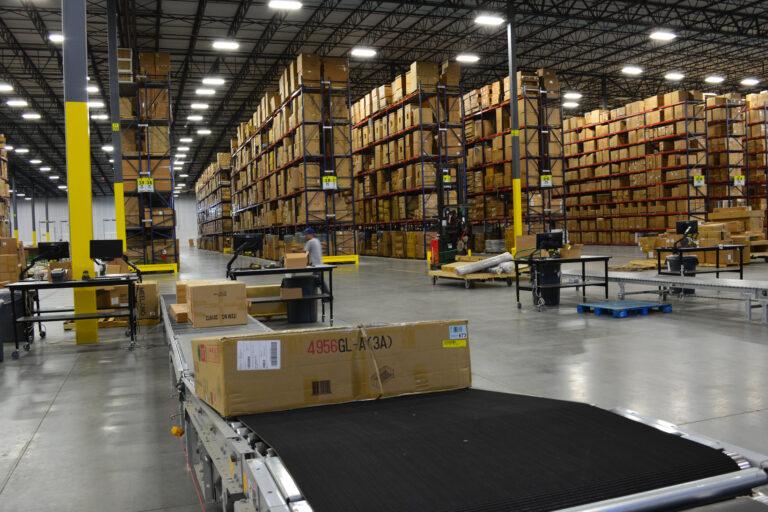Why Temporary Work is Permanent in the Manufacturing Industry
Benefits of Flex Work for Manufacturers & Workers
We live in a new world of work, where 40.9 million workers representing every age, every demographic, every geography, every profession, and every skill and education level are participating in the workforce in an arrangement other than as an employee. That’s according to MBO Partners State of Independence In America 2017.
For manufacturers, this is nothing new. While the staffing industry was born out of a wartime necessity for clerical help, industrial positions soon proved to be a fit for temp arrangements. The Bureau of Labor Statistics reported that manufacturing and industrial positions accounted for 28% of the total US temporary workforce in 1990; by 2000, it was 47%.
Why is the manufacturing industry seemingly tailor-made for flexible roles?
The barrier to entry is low.
Manufacturing positions don’t require extensive degrees or certifications. For a relatively low fee (or even no fee through programs like LIFT the TriState), anyone can obtain the necessary training to work in a light industrial position, and the opportunities for growth are endless. For those looking to start working and advancing quickly, the manufacturing industry is a good fit.
Positions are vacant.
The “Help Wanted” signs are nearly permanent these days. There is a critical talent shortage in manufacturing, as older generations retire and the industry’s image problem keeps young job seekers away. Temporary workers represent an additional talent pool for businesses to access, both in the short term to meet demand and as a permanent workforce strategy.
Production needs ebb and flow.
The ability to quickly staff up or down with temporary labor is crucial to optimizing supply and demand. Nowhere is this more apparent than on the production floor. The staffing balancing act can make or break a company in highly commoditized industries.
Skills are transferable.
While each company may do things a bit differently, worker experience translates well from one business to another. There is a lot of value in the manufacturing industry in working in several different plant environments as it reduces the time spent ramping up and training workers.
These are a just a few of the reasons why manufacturers and workers alike benefit from a flexible arrangement. In the wake of our continually changing economic and political environment, business and employment agility remain king.







